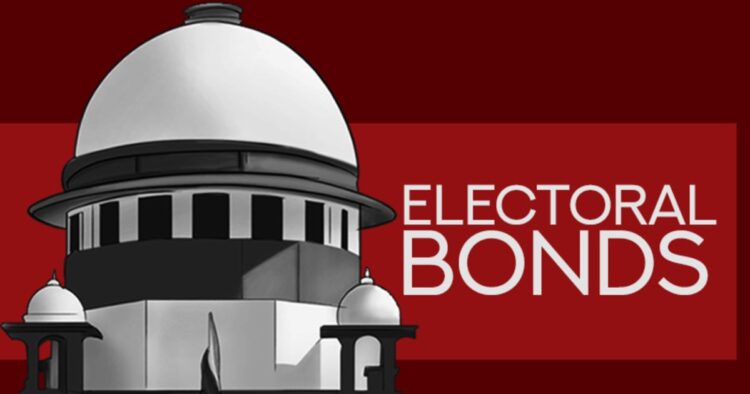The State Bank of India (SBI) has declined to reveal the details of electoral bonds provided to the Election Commission (EC) under the RTI Act. The bank cited reasons related to personal information held in a fiduciary capacity. This decision was made even though the records are already available on the EC’s website, and accessible to the public.
Supreme Court’s Directive and SBI’s Response
In a significant development, the Supreme Court deemed the electoral bonds scheme “unconstitutional and manifestly arbitrary” on February 15. The court directed SBI to furnish complete details of the bonds purchased since April 12, 2019, to the EC. However, the SBI’s petition seeking an extension of the deadline was dismissed on March 11, and it was ordered to disclose the information by March 12. Despite the court’s directive, the bank refused to provide the data to RTI activist Commodore (retired) Lokesh Batra, citing exemptions under the RTI Act.
Denial of Information and Activist’s Response
Batra sought the electoral bonds data in digital form, as provided to the EC after the Supreme Court’s order. However, the SBI denied the request, invoking exemptions under sections 8(1)(e) and 8(1)(j) of the RTI Act. Batra criticized the SBI’s denial, pointing out that the information was already available on the EC’s website. Additionally, he questioned the bank’s refusal to disclose details of fees paid to senior advocate Harish Salve for defending its case.
EC’s Publication and Supreme Court’s Rebuke
The EC published the data furnished by SBI on its website on March 14, including details of donors and political parties redeeming the bonds. However, the following day, the Supreme Court criticized SBI for withholding unique bond numbers that could facilitate matching donors with recipient political parties. The Chief Justice, leading a five-judge bench, emphasized that the bank was obligated to disclose all details, including purchaser names, amounts, and dates of purchase.
SBI’s Disclosure and Court’s Observations
The SBI had revealed that 22,217 electoral bonds were purchased by donors between April 1, 2019, and February 15, 2024, with 22,030 redeemed by political parties. However, the court admonished the bank for providing incomplete information. The Chief Justice stressed that the SBI must furnish all details as directed by the court, expressing dissatisfaction with the bank’s failure to comply despite the EC’s publication of the full list of bond purchasers.
In conclusion, the SBI’s refusal to disclose electoral bonds details under the RTI Act, despite the Supreme Court’s directive, has raised concerns about transparency and accountability in political financing. The court’s insistence on complete disclosure underscores the importance of upholding democratic principles and ensuring transparency in electoral processes.

















Comments